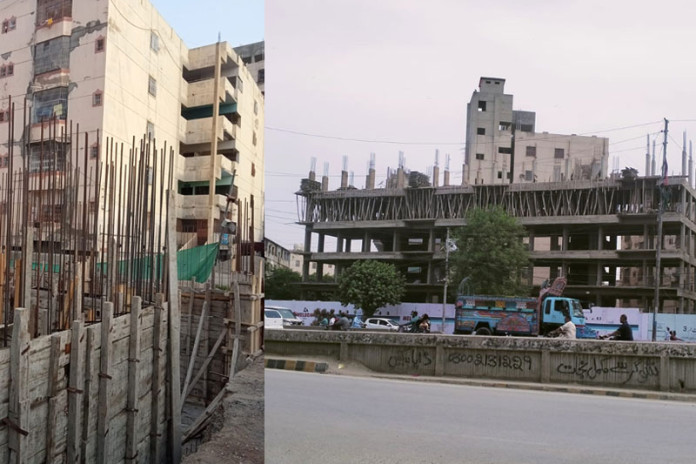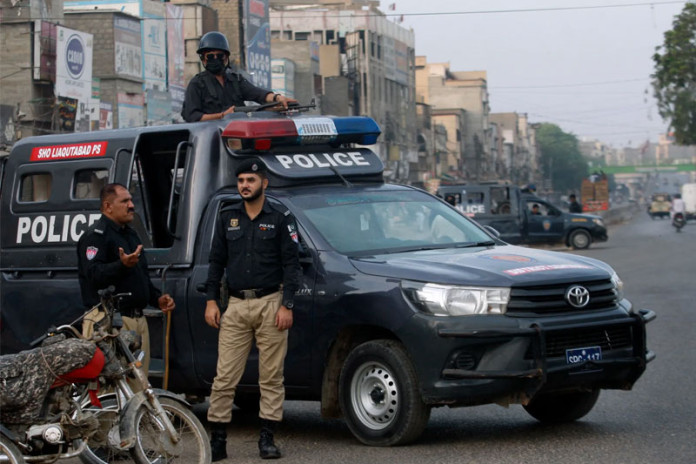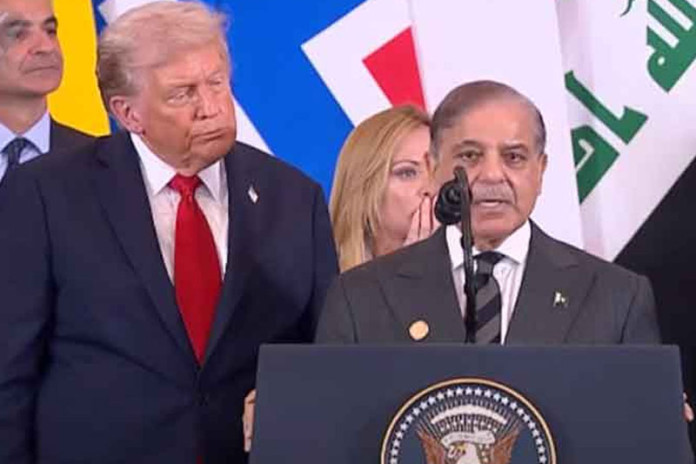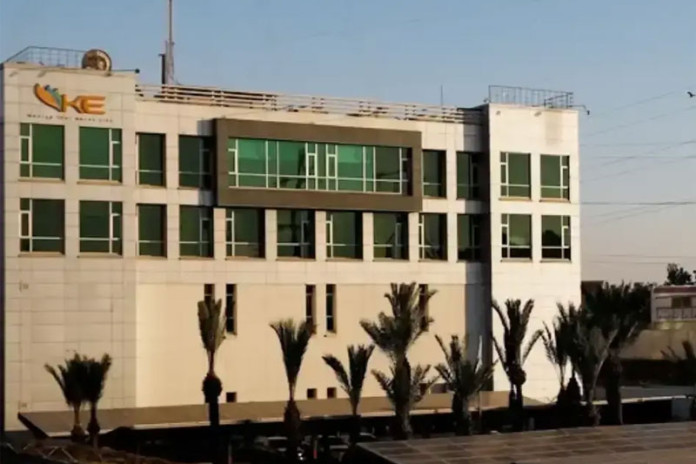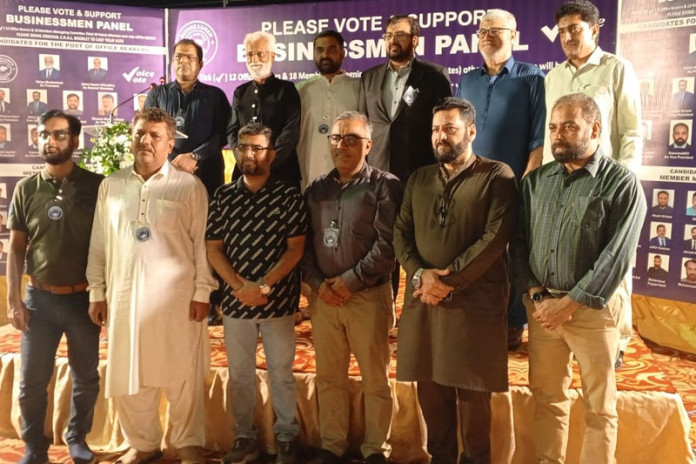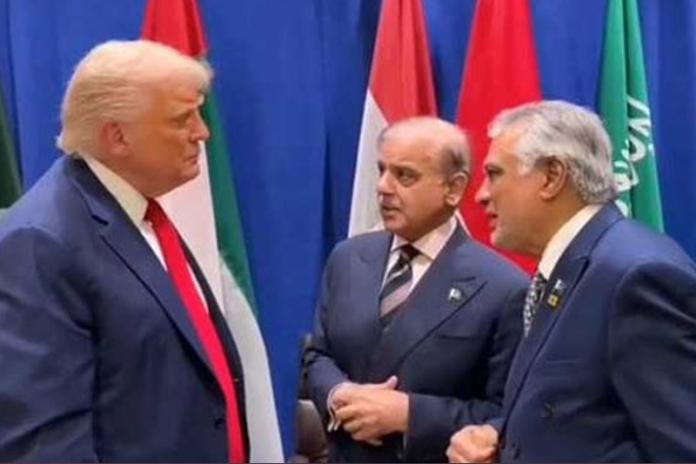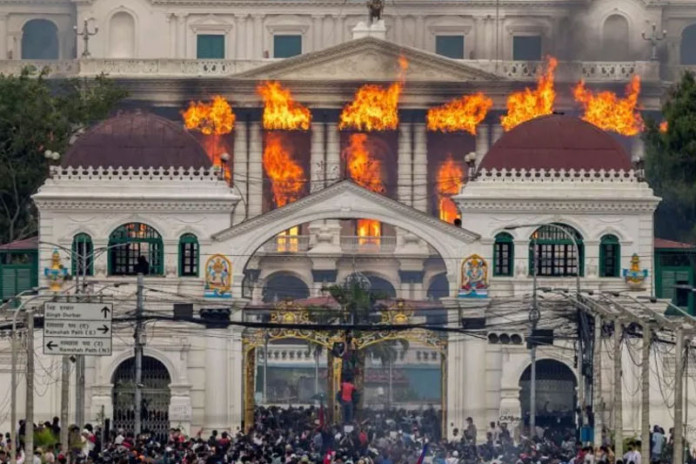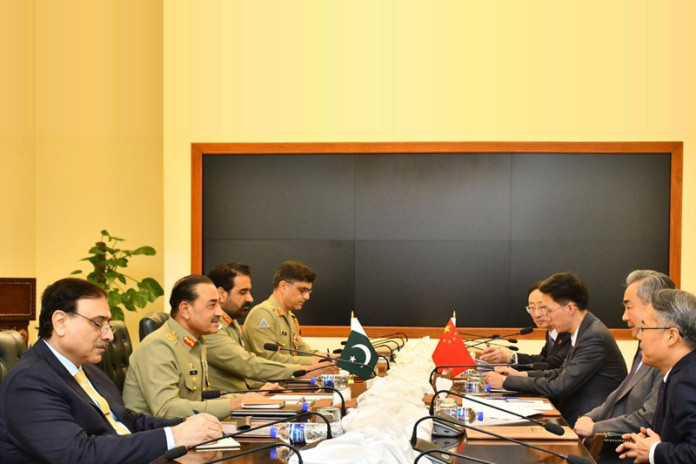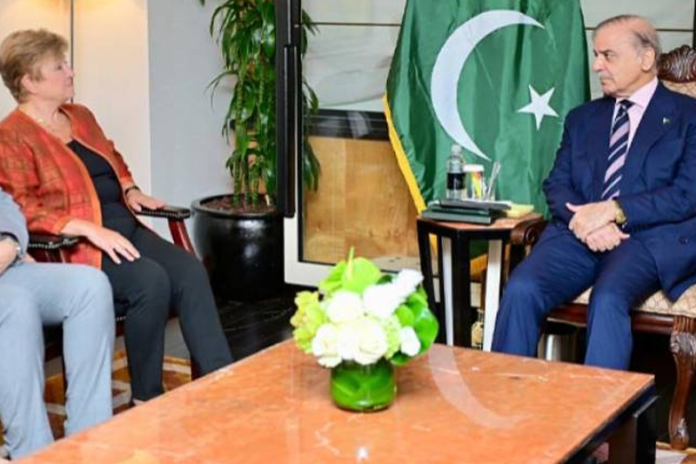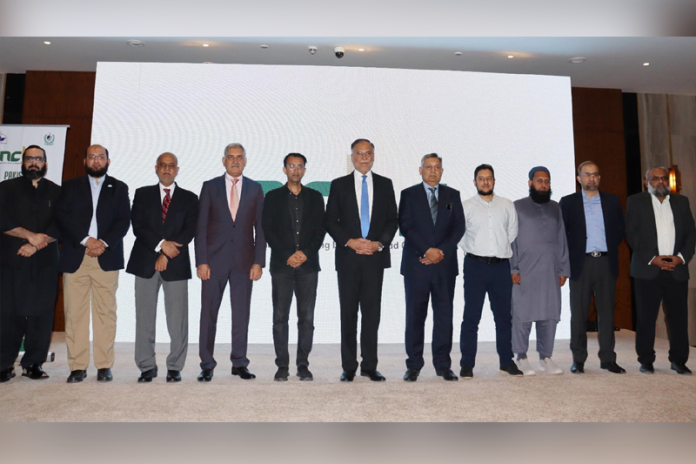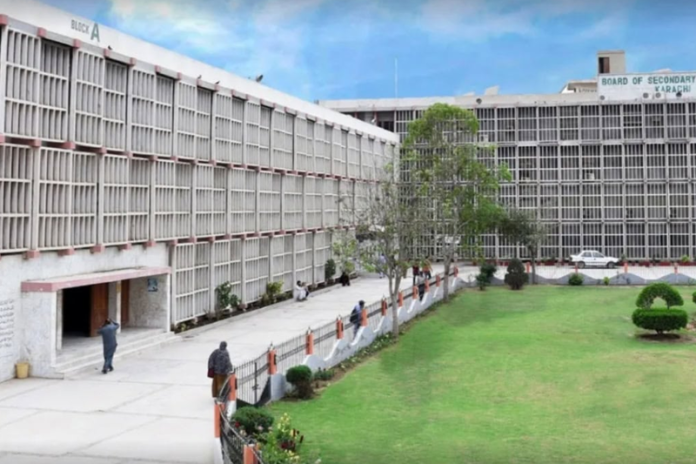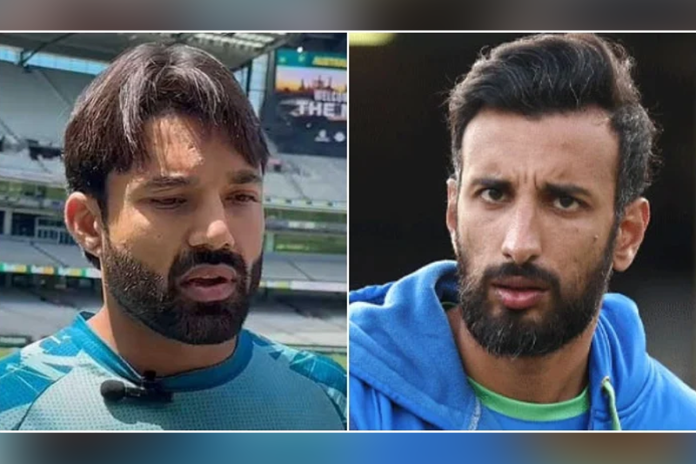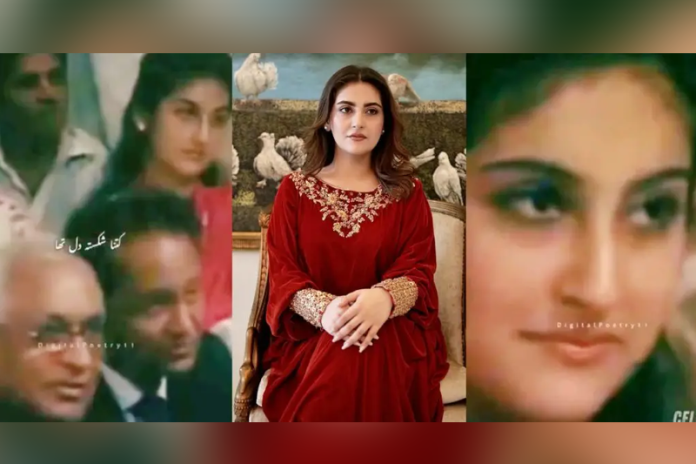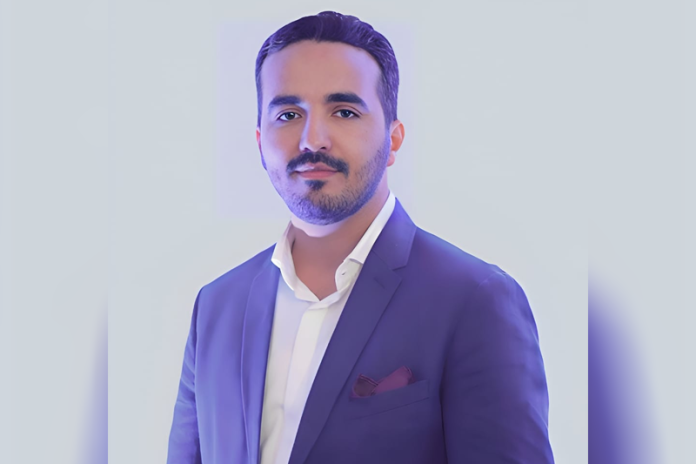Concept of zakat in Islam
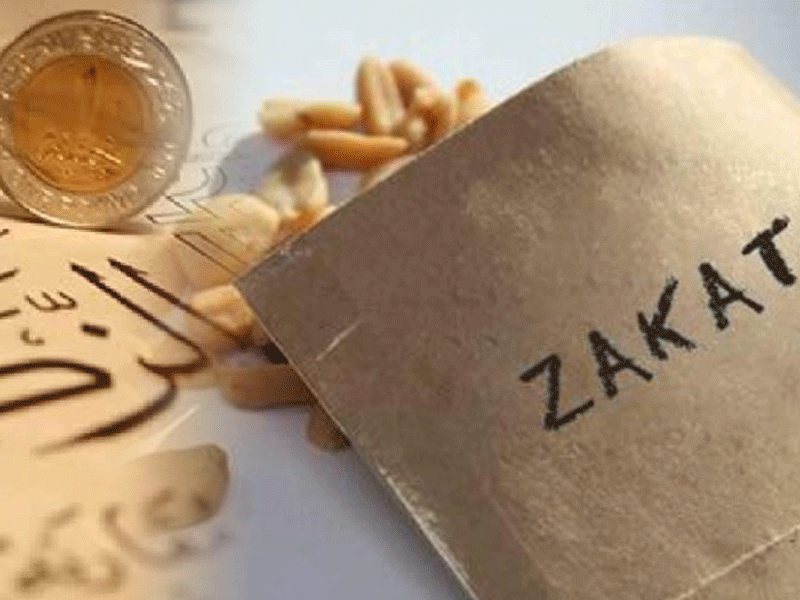
- 379
- 0
Zakat is an Islamic finance term referring to the obligation that an individual has to donate a certain proportion of wealth each year to charitable causes. Zakat is mandatory for all Muslims in most countries and is considered to be a form of worship. Giving away money to the poor is said to purify yearly earnings that are over and above what is required to provide a person and their family with their essential needs.
Zakat is the third pillar of Islam. It is an Arabic word, and translates as purification or growth. It is generally thought of as a tax, as the contributor should pay 2.5% of their wealth to charity. However, Zakat is valued not because of the money given, but the motive behind it. The intentions for giving Zakat should be pure, and simply about pleasing Allah, and earning good deeds.
The word zakat means both ‘purification’ and ‘growth’ our possessions are purified by setting aside a proportion for those in need, and like the pruning of plants, this cutting the balances and encourages the new growth.
Zakat is a form of giving to those who are less fortunate. It is obligatory upon all Muslims to give 2.5% or wealth and assets each year (in access of what it prescribed) to the poor. This is done before the beginning of the month of the Muharram which is the first month in a year. Giving zakat is an act of worship because it is a form of offering thanks to Allah for the material well-being one has acquired.
As Zakat is an important system of Islamic ideology therefore it plays active role in spiritual and social life of Muslim society. Payment of Zakat is not only mandatory and obligatory but as an institution and system Zakat is an important source of stability of society. System of Zakat ensures proper distribution of wealth and has wide impact on entire set up of society. If Zakat is established as an institution, it will create a collective social security scheme for mutual help/sympathy and resources can be further utilised for social development. It is generally thought of as a tax, as contributor should pay 2.5 percent of their wealth to charity. However, Zakat is valued not because of money given, but motive behind it. Intentions for giving Zakat should be pure and simply about pleasing Allah and earning good deeds. Moreover, paying Zakat raises our self-esteem as we know that we have performed an act of humility. A reference from Quran states:
"You will not attain piety until you give what is dear to you."
Muslims pay zakat every year in order to purify their wealth and to seek blessings from Allah. What Is Meaning Of Zakat And What Is Zakat In Islam? You should pay zakat on any surplus wealth under your possession. This includes: gold, silver and other jewelry/ornaments, money you lend to others, shares and stocks, pension amount, cash saved in bank, home, or given for committee and property which you buy for investment purposes. Holy Quran has mentioned Zakat more than eighty times. It is a duty from Allah similar to duty of 'Salat'. Allah commands in Holy Quran.
"So establish Salat and give Zakat and hold fast to Allah" (3)
Prophet Muhammad (SAW) said, "Islam was built upon five pillars: to witness that there is no Allah but Allah and that Muhammad (SAW) is His servant and messenger , performing prayer , giving Zakat, performing pilgrimage and fasting month of Ramadhan"(5). If we talk about impact of zakat on social life of Muslim Society. Besides fact that zakat is an obligatory act of worship in Islam and that Muslims get immense blessings by paying zakat, there are other reasons how zakat is an important factor of Muslim community.
Most important benefit of zakat is that it helps to build society. If everyone keeps on saving money and spend on themselves, then less privileged will always remain poor. Therefore, with help of zakat, people learn to support others in need. With help of zakat, your money circulates in whole economy. As Zakat is an obligatory act, Muslims who are financially stable, pay zakat to the needy. This way, money gets out of ones who are wealthy enough and reaches those who are not much privileged. In today's world, wealth has become an important aspect of life that everyone loves to have. Therefore, when a person pays from his wealth in form of zakat, it means he/she is sacrificing wealth in path of Allah. A Muslim can pay zakat any time of year. However, it is suggested that if a person is paying zakat in first month of the year, he/she should pay zakat at same time next year i.e. after year finishes.
Zakat cannot be given to anyone in need. There are eight kinds of people to whom zakat can be given as mentioned in Quran:
"Indeed, [prescribed] charitable offerings are only [to be given] to poor and indigent and to those who work on [administering] it and to those whose hearts are to be reconciled and to [free] those in bondage, and to debt-ridden and for cause of Allah and to wayfarer. [This is] an obligation from Allah. And Allah is all-knowing, all-wise." - Al-Tawbah, 9:60
They don't have enough wealth to meet basic necessities of life. These people don't have any type of income or possessions. Administrators or organisations that are authorized to receive zakat to distribute among poor people. People who newly converted to Islam and have no means to survive because of detachment from family. Those who are kept as slaves. Your zakat can help to free captives or slaves. Those who have no means to pay off their debts. Those who are fighting in path of Allah are entitled to receive zakat. A traveler who is left alone in another land and is in dire need of money to get back to his home.
This shows that although Zakat is concern of an individual but being a member of society it also becomes concern of society. It gives a strong blow to root of capitalism. Zakat and Ushr Ordinance was a great state step in right direction. But mostly majority of Muslims. (Pakistanis) defy or disregard laws of Allah. Severe punishment awaits them in Hereafter. It is a stern warning for really, Allah-fearing.
There is a misconception that you can only pay zakat in month of Ramadhan. This is not true. A Muslim can pay zakat any time of year. However, it is suggested that if a person is paying zakat in first month of year, he/she should pay zakat at same time next year i.e. after year finishes.
Published in The Daily National Courier, March, 25 2023
Like Business on Facebook, follow @DailyNCourier on Twitter to stay informed and join in the conversation.


